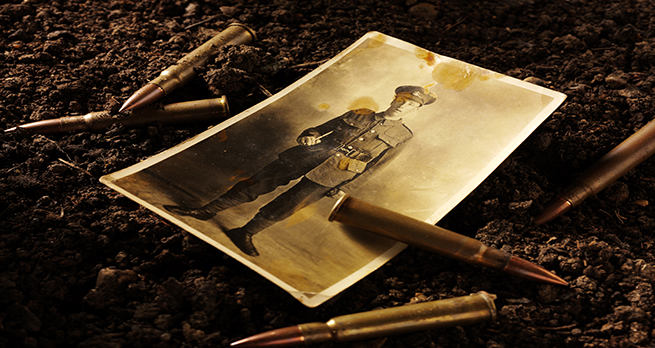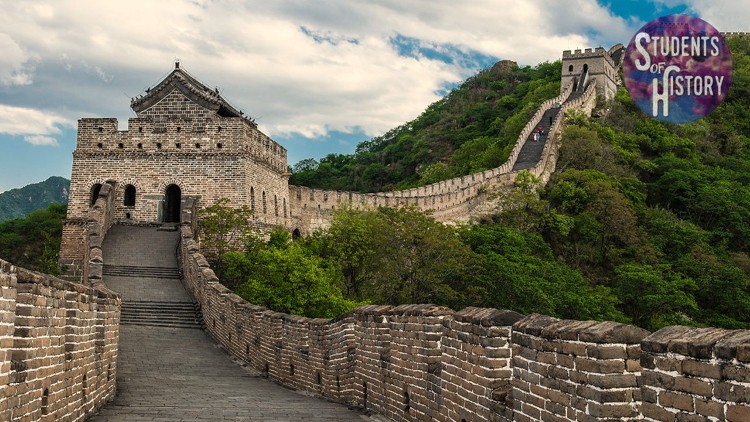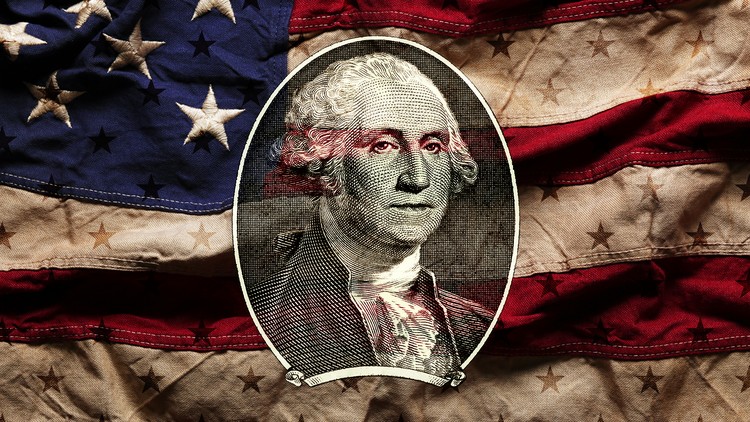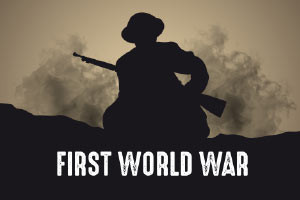The First World War: trauma and memory
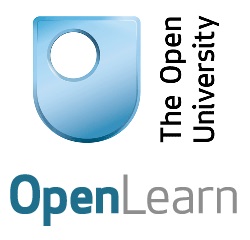
OpenLearn Review
Location
Online(Course Link)
Dates
On Demand
Course Categories
Humanities and ARTS
Certficate
Yes()
Language
English
Course Fees
FreeNo. of Attendant
Unlimited
Acquired Skills/Covered Subjects
- find and critically evaluate casualty rates, as well as interrogate different data sets,understand what is meant by 'shell shock' and the extent to which it was culturally and historically specific,reflect on the traumatic experiences of civilians in wartime, focusing in particular on atrocities and on the experience of wartime hunger and disease
| Provider Name | OpenLearn |
|---|---|
| Training Areas |
|
| Website | http://www.openuniversity.edu/ |
| About The Provider |
Since its launch in 2006, OpenLearn has become an integrated part of The Open University, with the site attracting more than 69 million visitors – many of which go on to make an enquiry about becoming a formal student, strengthening the journey between informal and formal learning. The OpenLearn team originate, commission and develop content that unites faculty and University priorities with areas of topical and general interest. This is in support of our own student population in their academic, skills and career and personal development (CPD) endeavours, delivering quality assets openly available for teaching and learning. OL deliver bite-sized learning experiences designed to fit easily into daily life, so whether you're a busy parent looking to get promoted at work, or back-packing across Africa and wanting to increase your learning, we are open with no requirements to access our free materials. Some of OL academic-led content includes: |
The First World War was a war of unprecedented scale and brutality, with countless casualties. It also left a poisonous legacy for the twentieth century and beyond, and many of the issues that were left unresolved in 1918 would lead to another world war in 1939. 1914-1918 was a period in history that has proved provocative and culturally resonant for the last hundred years.
In this free online course, The First World War: trauma and memory, you will study the subject of physical and mental trauma, its treatments and its representation. You will focus not only on the trauma experienced by combatants but also the effects of the First World War on civilian populations.
Over three weeks, you will discover just how devastating the effects of the First World War were in terms of casualties across the many combatant nations, and look in depth at the problem of 'shell shock' and how deeply it affected the lives of those who lived through it. You will also develop the skills to carry out your own independent research.
However, the war was not only experienced on the battlefield. You’ll explore the many and varied ways in which the war impacted on civilians, including the way combatant casualties affected the lives of loved ones who were left behind.
Finally, you will look at how the trauma of the war has been depicted in art and literature, and see what has been learned from the past in the modern day treatment of combat stress reactions and post-traumatic stress disorder (PTSD).

